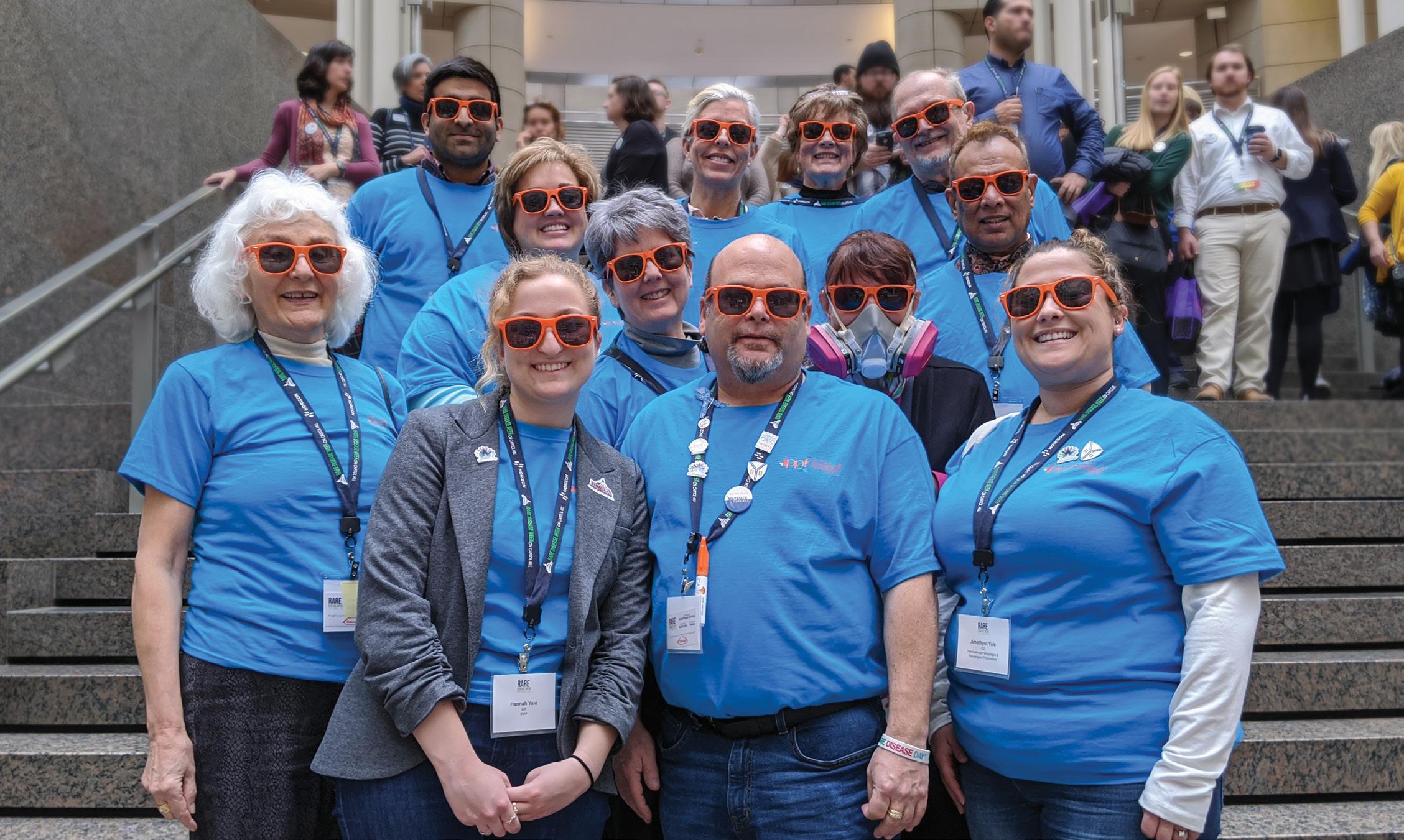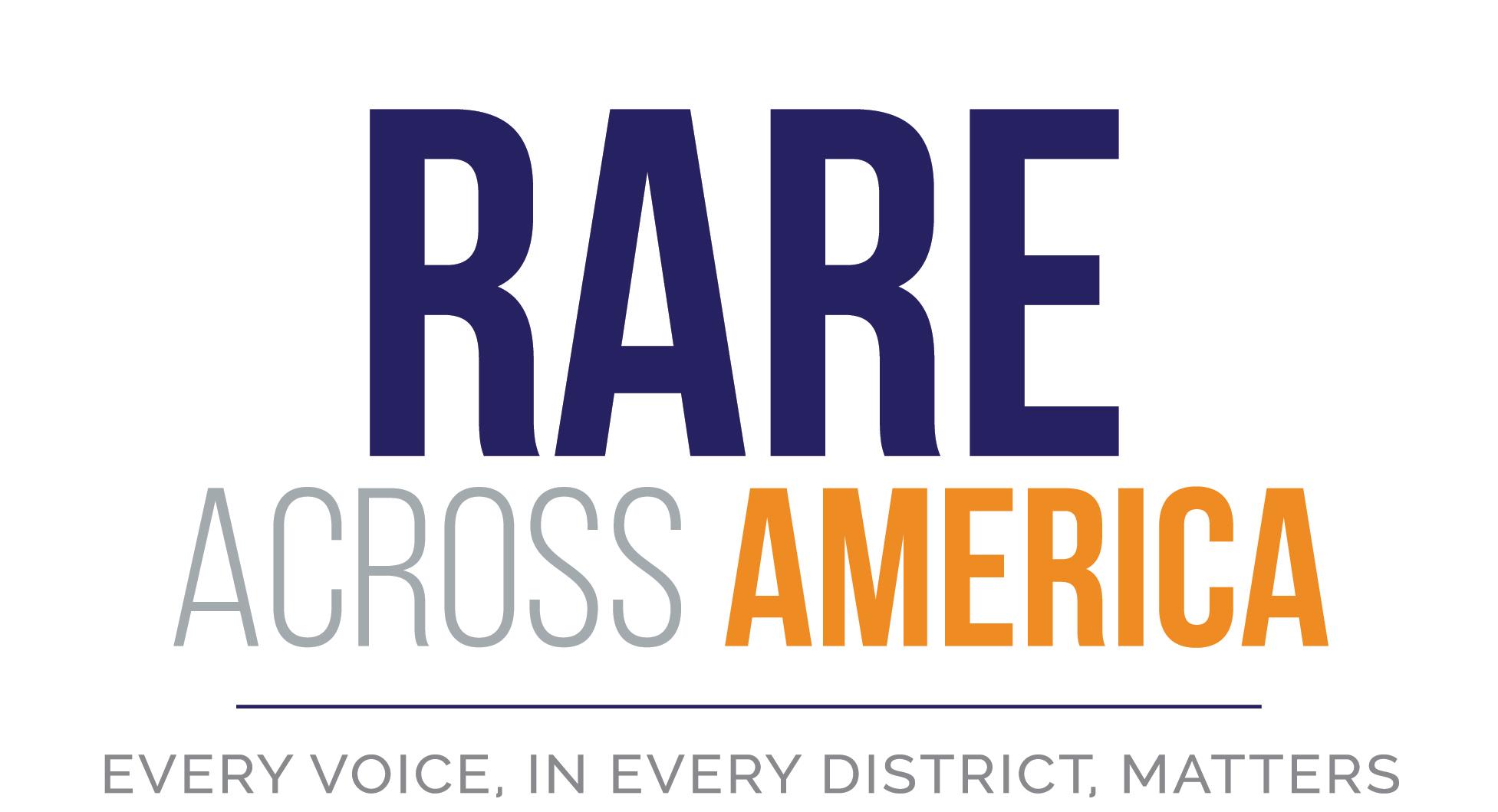
5 minute read
COVID-19, Pemphigus, and Pemphigoid
While the situation surrounding COVID-19 continues to change, we're working hard to provide resources to meet the unique needs of pemphigus and pemphigoid patients and caregivers. Our COVID-19 information page includes answers from our Medical Advisory Council to the most commonly asked questions from patients related to the pandemic, as well as links to international resources. This page is updated as new information becomes available:
www.pemphigus.org/covid19
Advertisement
We've also scheduled more frequent Patient Education Series webinars to address COVID-19's impact on patients, treatments, research, and mental health. You can find a current call schedule and recordings of past webinars at www.pemphigus.org. As always, our peer health coaches are available to share their experiences, treatments, living with their diseases, and more. We are also developing processes for virtual support groups. More information on these groups will be available soon. As the situation continues to evolve and we develop further ways to support you, know that our community is strong and we are all in this together. If there's anything we can do to help, contact us: info@pemphigus.org.
In response to some common questions we’ve received recently, the IPPF Medical Advisory Council has provided the following answers. A full list of questions and answers is available at www.pemphigus.org/covid19:
What precautions should patients with open P/P lesions do in light of COVID-19?
Direct spread through the skin is not a known source of transmission for COVID-19. Keep lesions clean and covered if around others.
If not on any treatment, does simply having an autoimmune disease like P/P make you more susceptible to this coronavirus?
Pemphigus and pemphigoid patients who are not receiving immunosuppressive therapies are not known to be at greater risk for COVID-19.
Does using topical treatments make you immunosuppressed?
Not usually. However, if the dosage is more than 20g of a class I steroid (clobetasol or betamethasone, etc.) some steroid systemic absorption occurs. It is possible this absorption can make a patient slightly immune-suppressed.
How long does it take for the following medicines to get out of a person’s system and their immune system to return to normal levels?
• Rituximab: The formal guidance is typically 1 year, although there is some variability in that response. We know from the published literature that many patients start to make new immune responses by 5-6 months after rituximab treatment. • Corticosteroids (systemic prednisone or prednisolone): Within days to weeks, but these cannot be arbitrarily stopped and will need to have the dose weaned properly due to adrenal suppression. • Class I Topical Steroids (Clobetasol/ Betamethasone): These don’t affect the systemic immune system unless ~20g or more are applied daily. Even if high doses are used, these would “wash out” in days to weeks as above. • Azathioprine/mycophenolate mofetil: These take 3 months to “wash out” of a person’s system.
• Cyclophosphamide: Cyclophosphamide should presumably take 3 months based on mycophenolate mofetil/azathioprine (MMF/AZA) data. • Cyclosporine: Cyclosporine should presumably take 3 months based on MMF/AZA data. • Dapsone: Dapsone doesn’t suppress the immune system in a way that would be expected to be problematic with COVID-19, and it “washes out” in a week or two. • IVIg: IVIg doesn’t suppress the immune system
Does Rituxan put you more at risk of contracting a virus than being on high doses of prednisone?
Rituximab does generally increase risk of viral infections. However, a randomized controlled trial published in Lancet (2017) showed that rituximab is better at controlling disease and resulted in a lower rate of infections compared to high-dose prednisone alone, so this issue would best be left to an individualized discussion with your doctor to determine the risk of disease versus the risk of treatment.
Rituximab treatments have been postponed. What can be done in the meantime?
IVIg could be considered if the disease is significant, or topical steroids and other non-immunosuppressive measures if that is sufficient to control symptoms. However, severe disease should most likely still be treated, as the risk of hospitalization from severe disease could be worse than treating now to get disease symptoms under control and then self-isolating at home to avoid the risk of infection. Speak with your employer and doctor about flex hours or work-fromhome options if immunosuppressive therapies are used.
I’ve been in remission, but now seem to be having a flare. Does taking medication put me at high risk for COVID-19?
Many oral and IV medications may increase the chance that you will have a more severe course of COVID-19. IVIg is likely an exception.
Are there extra precautions that patients should observe as states begin to reopen?
Different states may be recommending different levels of precautions. Wear a mask or face covering in public; stay 6 feet away from others; wash your hands or use hand sanitizer if you are out in public spaces and avoid touching your face, nose, eyes, and mouth with unwashed hands; wash your hands immediately after returning to your home. Avoid mass transit if possible. Work places may offer flex hours or work-from-home options to help avoid “rush hour” when many commuters are using mass transit. If you cannot work from home or avoid mass transit – follow the guidelines above (face covering, physical distancing to the best extent possible, avoid touching your face with unwashed hands while commuting).
If you develop fever, chills, cough, shortness of breath, sudden loss of taste or smell, headache, sore throat, muscle pain, call your primary care doctor for guidance and remember to tell them if you are on immunosuppressive treatments.
Should patients (whether on or off treatment) go out into society and businesses as they begin to reopen or should we stay home or request letters from doctors to continue to work from home until we know if there will be a big uptick in cases?
Patients who are off treatment have the same risk from infection as a non-pemphigus or pemphigoid patient. Patients who are on immunosuppressive therapy have greater risk of infection, as well as a more serious course of infection. Flex hours or work from home would be prudent if there is a resurgence of COVID19 in your community. Speak with your employer and doctor about options.
What precautions should be exercised if a member of the household has to work outside of the home?
Greater precautions are recommended if you are immunosuppressed and a member of the household works in a high-risk environment (for example, health care or a workplace that requires contact with multiple individuals.) Precautions the household member should consider include wearing a mask, frequent hand washing or use of hand sanitizer, avoid touching the face with unwashed hands while at work, washing their hands immediately after they return home, and surveillance for any of the symptoms of COVID-19 above.










